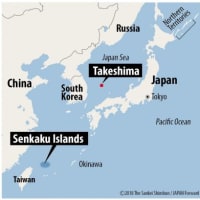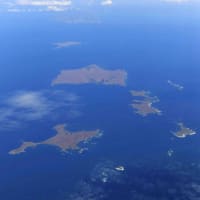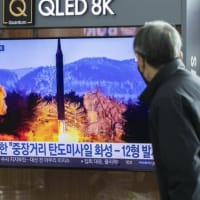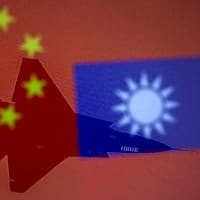
Russia’s willingness to use force in Europe creates incentives for a division of labor between Europe and the United States. This allows Europe to focus on deterring challenges on NATO’s eastern and northern flank, while the United States focuses on preventing Beijing from turning the Indo-Pacific into a Chinese sphere of influence.
The recent US Indo-Pacific strategy recognizes the strategic value of an increasing role for the European Union in the region. Indo-Pacific powers such as Japan, South Korea and Singapore are equally interested in a European defense presence, sharing Europe’s reluctance to choose sides between Washington and Beijing.
But will Europe be able to deliver on its intention to increase its Indo-Pacific engagement?
Will Europe's Emerging Indo-Pacific Presence Last?
I would like tentatively to share the insights and analysis dated May 17, by Ms. Liselotte Odgaard, a non-resident senior fellow at Hudson Institute. Her work focuses on U.S.-China-Europe relations, including NATO-China relations; Chinese foreign, security and defense policy; Indo-Pacific security, and the geopolitics of the Arctic region. She is also professor at the Norwegian Institute for Defense Studies in Oslo.
https://www.eastasiaforum.org/2022/05/17/will-europes-emerging-indo-pacific-presence-last/



















